
The Role of Small Talk in Middle Eastern Business Culture
In the Middle East, business is not just about deals and numbers. It is about relationships. And one of the key ways to build these relationships is through small talk. This might seem strange if you are used to getting straight to business, but in Middle Eastern culture, small talk plays a crucial role.
Let’s explore why small talk is so important in Middle Eastern business culture and why it is worth getting help to understand these topics.
What is Small Talk in Middle Eastern Business Culture?
In the Middle East, small talk is not just a way to fill awkward silences. It is an important part of building relationships and trust. Small talk in this context might include:
- Asking about family: Family is very important in Middle Eastern culture. Asking about someone’s family shows you care about them as a person, not just as a business contact.
- Discussing current events: This shows you are interested in what is happening in their country and region.
- Talking about the weather: This might seem trivial, but it is a safe, neutral topic that can help break the ice.
- Sharing personal stories: This helps create a bond and shows you’re willing to open up.
- Discussing food and hospitality: Food is an important part of Middle Eastern culture, and talking about it can be a great way to connect.
Why is Small Talk Important in Middle Eastern Business?
Building Trust
In Middle Eastern culture, trust is the foundation of any business relationship. Small talk helps build this trust. By taking the time to chat and get to know each other, you’re showing that you value the relationship, not just the business deal.
Showing Respect
Taking time for small talk shows respect for Middle Eastern customs. It demonstrates that you understand their way of doing business and are willing to adapt to it.
Creating a Personal Connection
Middle Eastern business culture values personal connections. Small talk helps create these connections, making business dealings smoother and more successful.
Assessing Character
Through small talk, Middle Eastern businesspeople often assess your character. They are looking for signs that you are trustworthy, respectful, and someone they want to do business with.
Avoiding Rush
In many Middle Eastern countries, rushing into business discussions can be seen as rude or aggressive. Small talk helps set a more relaxed, friendly tone for the meeting.
How to Engage in Small Talk in Middle Eastern Business Settings
- Be Patient: Don’t rush to start talking about business. Let the conversation flow naturally.
- Show Interest: Ask questions about their country, culture, or personal interests.
- Be Personal: Don’t be afraid to share appropriate personal information about yourself.
- Avoid Controversial Topics: Steer clear of sensitive subjects like politics or religion unless your host brings them up.
- Accept Hospitality: If offered tea or coffee, accept it. This is often part of the small talk process.
By now you probably have a million more questions about what you can and can’t discuss. So to help you more on your Middle Eastern Business Journey, here are some ways we can help:
- You have taken the first step by reading this blog – to ensure you never miss a new Edition, ensure you are subscribed to our Middle East Insights Newsletter here
- Ongoing Support: Taking MasterClasses anytime you want can include learning about Negotiations, Specific countries and their nuances. We provide Middle East consulting services to bring your business up to date and ahead of your competition.
- Prepare yourself for a Presentation or Business Meeting: Book a 1:1 Call
- Prepare yourself for a Job Interview: Book a 1:1 Call
Small talk and knowing what is happening in their country might seem unimportant, but in Middle Eastern business culture, it plays a crucial role. It’s not just chitchat – it’s a way to build trust, show respect, and create the personal connections that are so important in Middle Eastern business relationships.
So the next time you are preparing for a meeting with Middle Eastern business partners, remember the importance of small talk. Take your time, show interest in your partners as people, and don’t rush to get down to business. Your efforts to understand and respect their culture will be noticed and appreciated, paving the way for stronger, more successful business relationships.

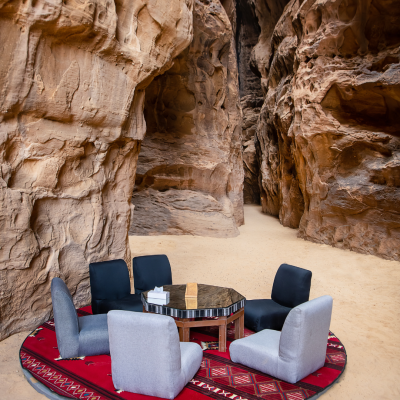
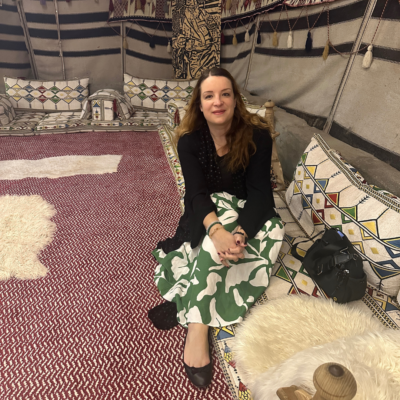
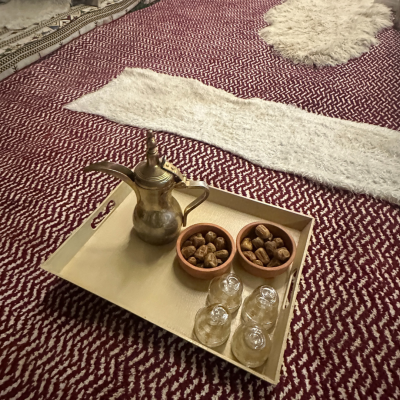
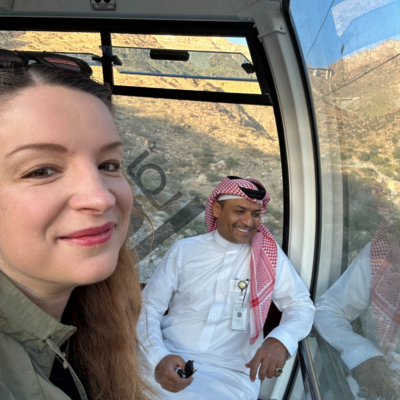
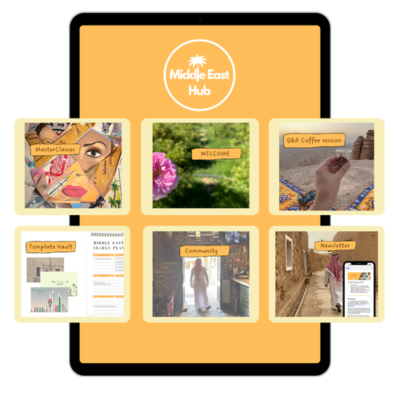
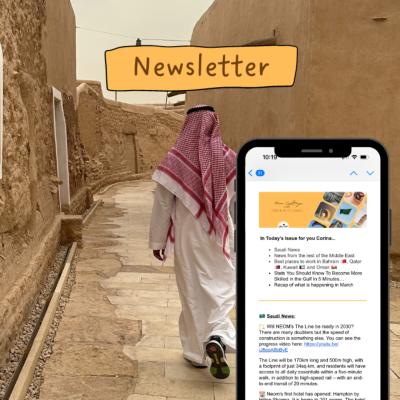

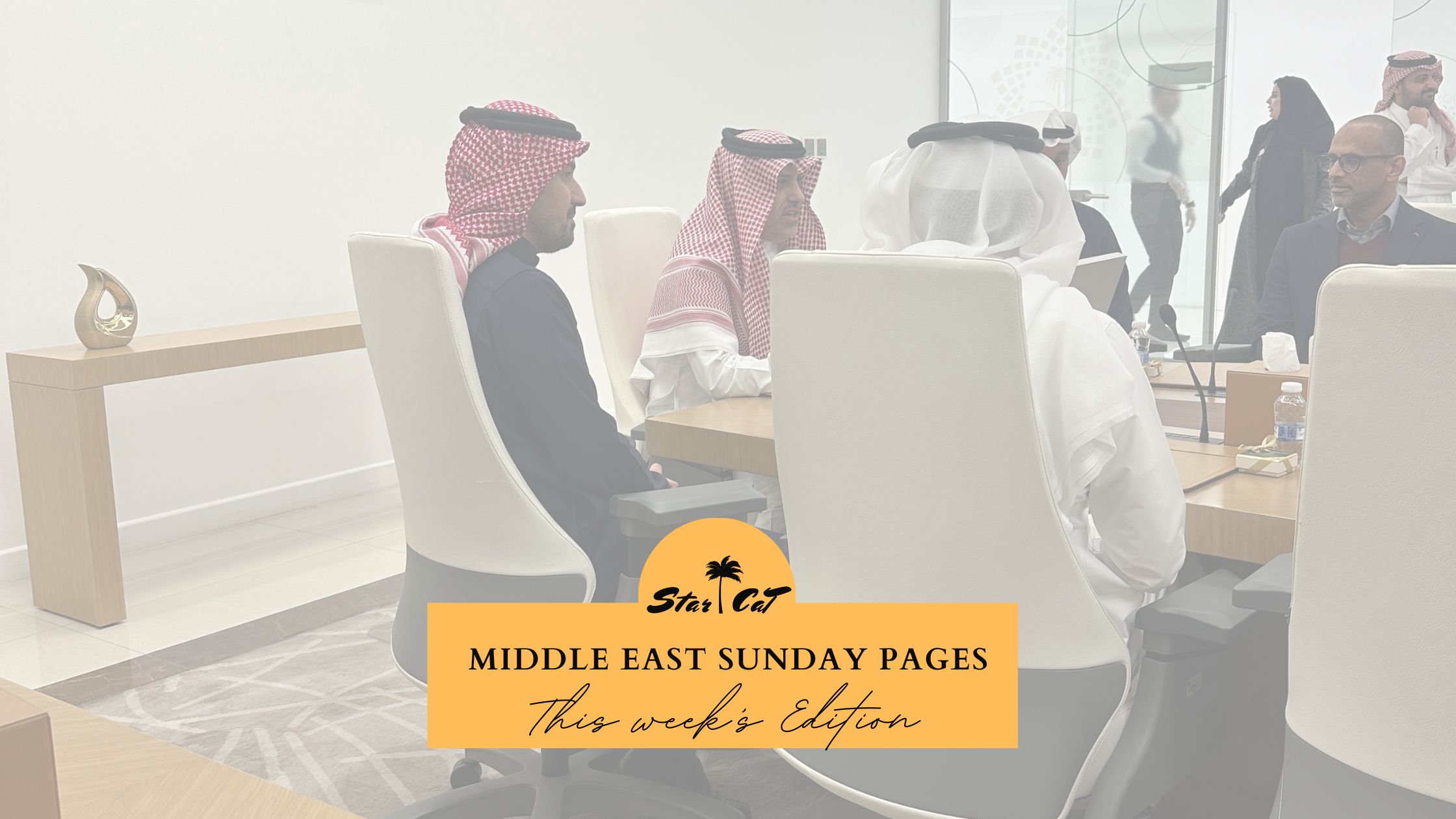
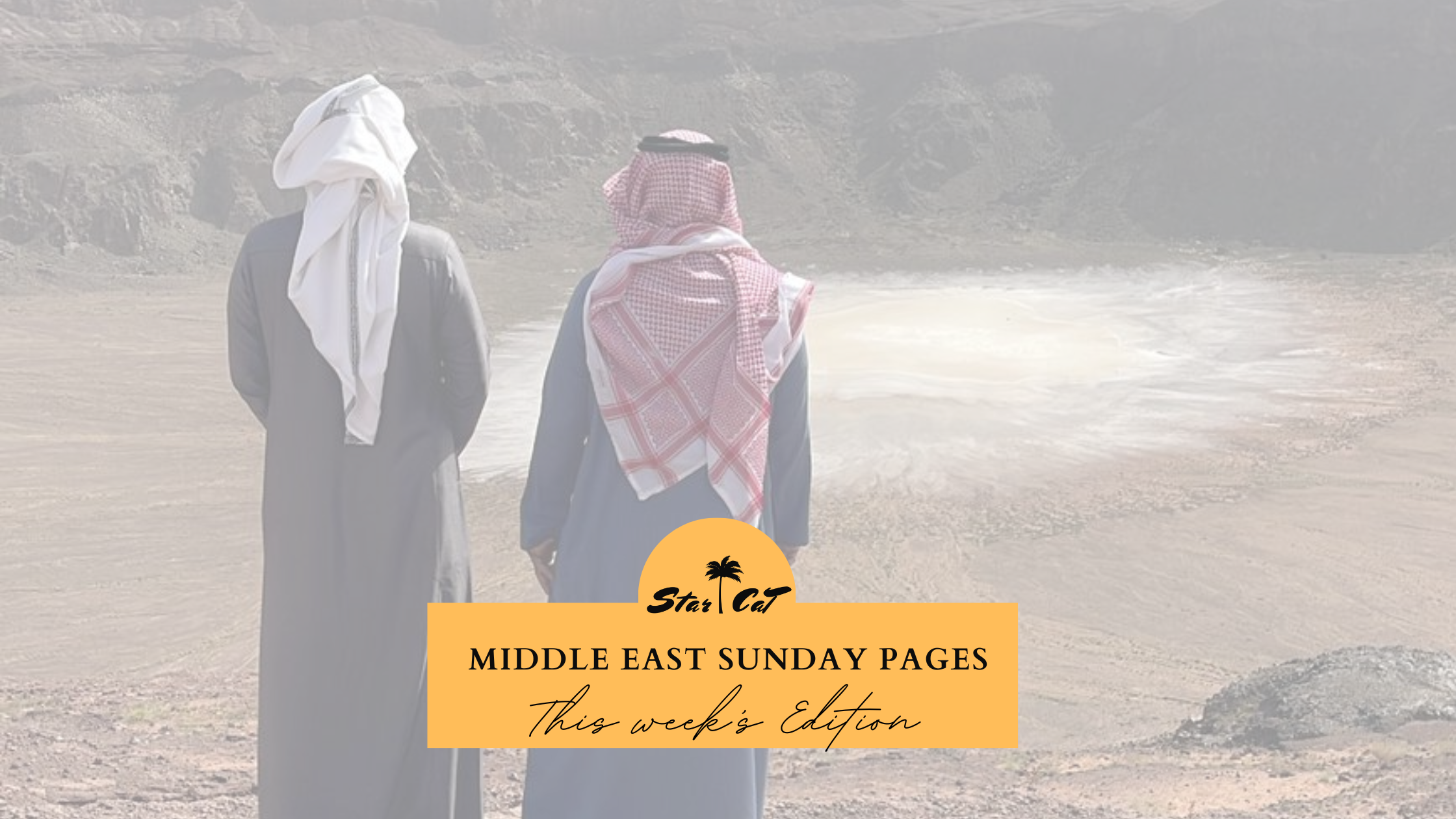

This Post Has 0 Comments